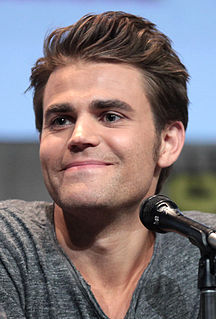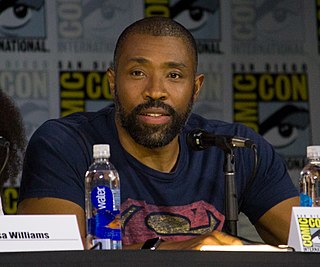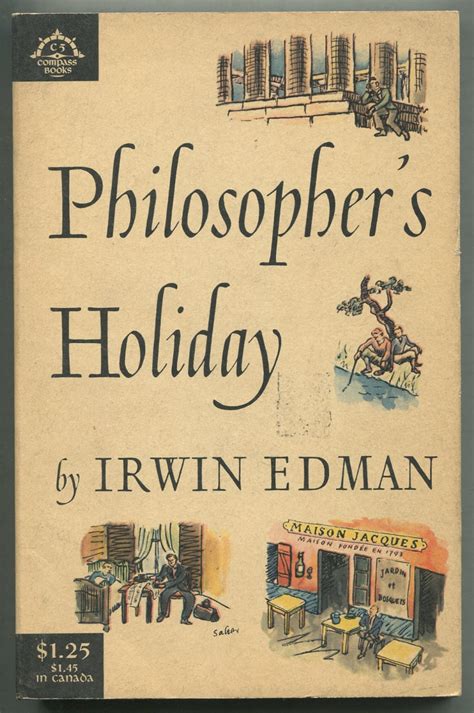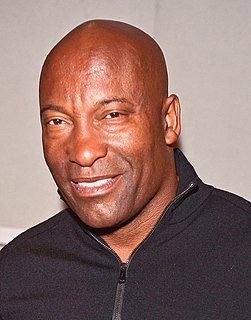A Quote by Tod Goldberg
I think, generally, the flawed anti-hero is much more interesting than the normal hero, and that's really what we're talking about here as it relates to outlaws or renegades.
Related Quotes
The anti-hero or hero usually has a journey or quest so they are interesting as you find out what's going to happen, what they are looking for. What are they trying to do? Sometimes what they do is heroic or comes with a price or sacrifice or maybe the way they do things isn't so great and that's when they become anti-heroes. But the journey of an anti-hero combined with a good story done well is always worthwhile.
There's a million and one things an actor can do with a villain. He can go for all kinds of quirks and tricks. The hero is much harder to define for an actor. When you play a straight role or a hero, you're kind of stuck, It's much more difficult to give a good guy interesting qualities or to make him unusual.
Long ago I yearned to be a hero without knowing, in truth, what a hero was. Now, perhaps, I understand it a little better. A grower of turnips or a shaper of clay, a Commot farmer or a king--every man is a hero if he strives more for others than for himself alone. Once you told me that the seeking counts more than the finding. So, too, must the striving count more than the gain.
Part of what we want to do with the Heroic Imagination Project is to get kids to think about what it means to be a hero. The most basic concept of a hero is socially constructed: It differs from culture to culture and changes over time. Think of Christopher Columbus. Until recently, he was a hero. Now he's a genocidal murderer! If he were alive today, he'd say, "What happened? I used to be a hero, and now people are throwing tomatoes at me!


































